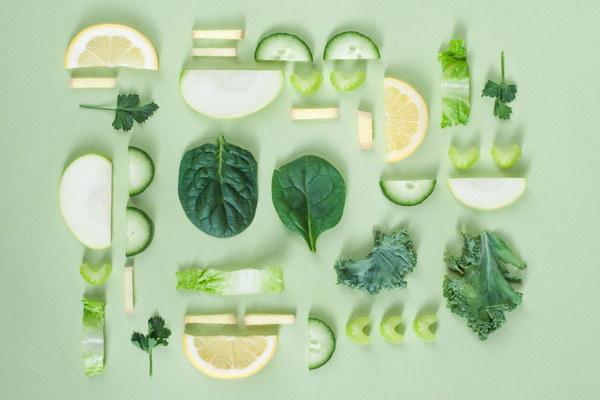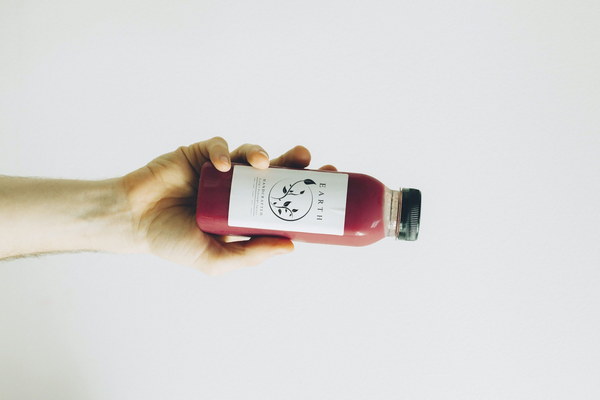Can Raw Peanuts Nourish and Protect Your Kidneys
Introduction:
In recent years, the health benefits of peanuts have been widely recognized. Peanuts are not only delicious, but also rich in nutrients. Many people wonder if eating raw peanuts can nourish and protect the kidneys. In this article, we will discuss the potential benefits of raw peanuts for kidney health and provide some tips on how to incorporate them into your diet.
The Nutritional Value of Raw Peanuts:
Raw peanuts are an excellent source of protein, healthy fats, and various vitamins and minerals. Here's a breakdown of some of the key nutrients found in raw peanuts:
1. Protein: Peanuts contain about 25 grams of protein per 100 grams, making them an excellent plant-based protein source.
2. Healthy Fats: Peanuts are rich in monounsaturated fats, which have been shown to lower cholesterol levels and reduce the risk of heart disease.
3. Vitamins and Minerals: Raw peanuts are a good source of vitamins E and B3, as well as minerals like magnesium, phosphorus, and potassium.
The Potential Benefits of Raw Peanuts for Kidney Health:
While more research is needed to confirm the direct benefits of raw peanuts for kidney health, some studies suggest that consuming nuts, including peanuts, may have positive effects on kidney function.
1. Anti-inflammatory Properties: Peanuts contain anti-inflammatory compounds that may help reduce inflammation in the kidneys, which is a common cause of kidney disease.
2. Antioxidants: The high content of antioxidants in peanuts can help protect kidney cells from damage caused by oxidative stress, which is a key factor in the progression of kidney disease.
3. Blood Pressure Regulation: Peanuts are low in sodium and high in potassium, which can help regulate blood pressure. High blood pressure is a leading cause of kidney damage.
Incorporating Raw Peanuts into Your Diet:
To enjoy the potential benefits of raw peanuts for kidney health, consider the following tips:
1. Limit portion sizes: While peanuts are nutritious, they are also high in calories. Enjoy them in moderation to avoid overeating.
2. Roast them: Roasting peanuts can enhance their flavor and make them more enjoyable. Choose unsalted or low-sodium roasted peanuts to minimize sodium intake.

3. Add to dishes: Incorporate raw peanuts into salads, stir-fries, or yogurt for a crunchy and nutritious addition to your meals.
4. Make homemade peanut butter: Create your own peanut butter using raw peanuts and avoid added sugars and unhealthy fats found in store-bought varieties.
Conclusion:
In conclusion, while more research is needed to fully understand the impact of raw peanuts on kidney health, the potential benefits of their nutritional value and anti-inflammatory properties are promising. Incorporating raw peanuts into your diet in moderation and as part of a balanced diet can be a healthy choice for kidney care. Always consult with a healthcare professional before making significant changes to your diet, especially if you have kidney disease or other health conditions.









